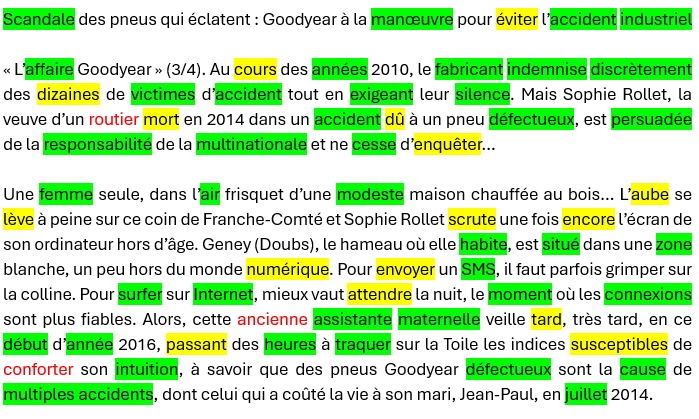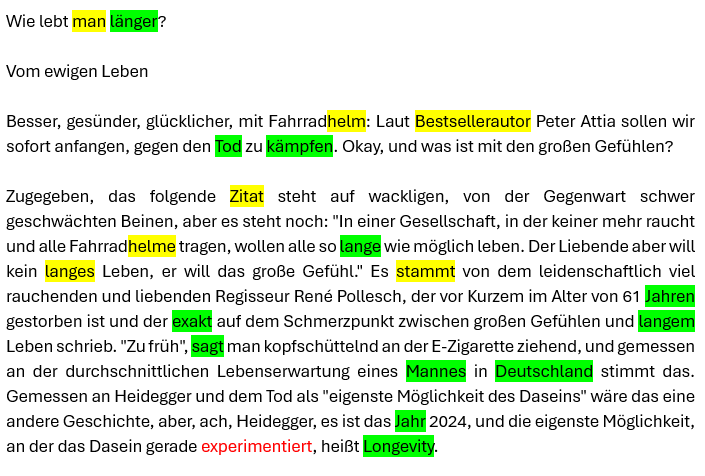iguanamon wrote:I think to us as language-learners and native English-speakers, French is more transparent than it would be for a monolingual. We tend to forget that as language-learners we see patterns more often than monolinguals do. Of course, I have two French Creoles, Spanish and Portuguese under my belt. I can definitely understand a lot of written French thanks to my languages- native and learned. No way can I speak it... nor would I try.
If I ever decide to learn French, I don't think my learning would take nearly as long as it would if I were approaching it from scratch. I have discounts.
This is a true and fair point and I wouldn't argue with it. Though I think it's only fair to point out that the claim isn't any similarity between French and Spanish/Italian/Portuguese etc, but English. And I maintain that unlike those three English's base and a lot of the common language is simply not transparently relatable to French (or vice versa). For years those similarities of words with relatable endings and altered pronunciation have been used as some sort of easing-in technique. I've seen them do it classes and it's probably in the general courses. But these words won't help with reading, listening, speaking meaningful structure. That list I put above is a tiny fraction of such disparities and these are the real, core functional words.
If we were comparing Italian-French, that would be different. French is really an oddity in the romance group. Just watch those Ecolinguist videos where Spanish/Italian/Portuguese are getting along and French is all question marks. A good language learner will no doubt make better connections, but in general...

